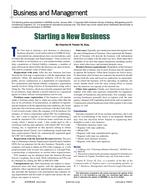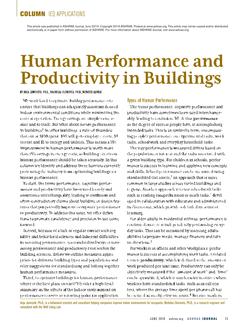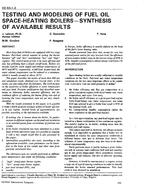Click here to purchase
The study presented in this paper evaluates the effects of two major parameters affecting solar energy potential and energy demand for heating and cooling, of different housing units’ assemblages. Solar potential include solar radiation on south façades and electricity generation potential using building integrated PV systems (BIPV). The parameters are geometric shapes of individual units and the site layout. Rectangular shape and L shape and its variations are studied. Site layouts include a straight road and a south facing semi-circular road. The study is restricted to two-story single family housing units, located in Montreal, Canada. The results indicate a significant increase in total electricity generation (up to 33%) achieved by the BIPV systems of the housing units of certain configurations, compared to the reference (rectangular shape in straight road site). The energy use of a building is affected by its orientation and shape. L variants may require up to 8% more heating demand than the rectangular shape, however the BIPV systems of these shapes produce up to 35% more electricity, annually. Variation of surface orientation, particularly in curved layouts, enables the spread of peak electricity generation over up to six hours.
Citation: ASHRAE Conference Papers, Montreal, QC
Product Details
- Published:
- 2011
- Number of Pages:
- 8
- File Size:
- 1 file , 1.4 MB
- Product Code(s):
- D-ML-11-C028


